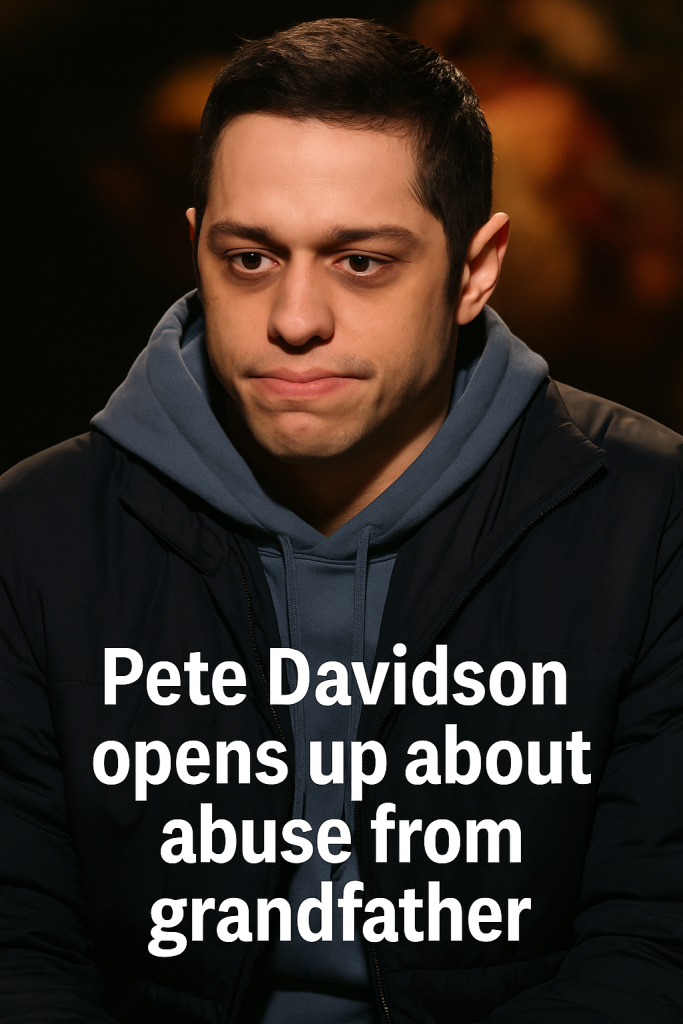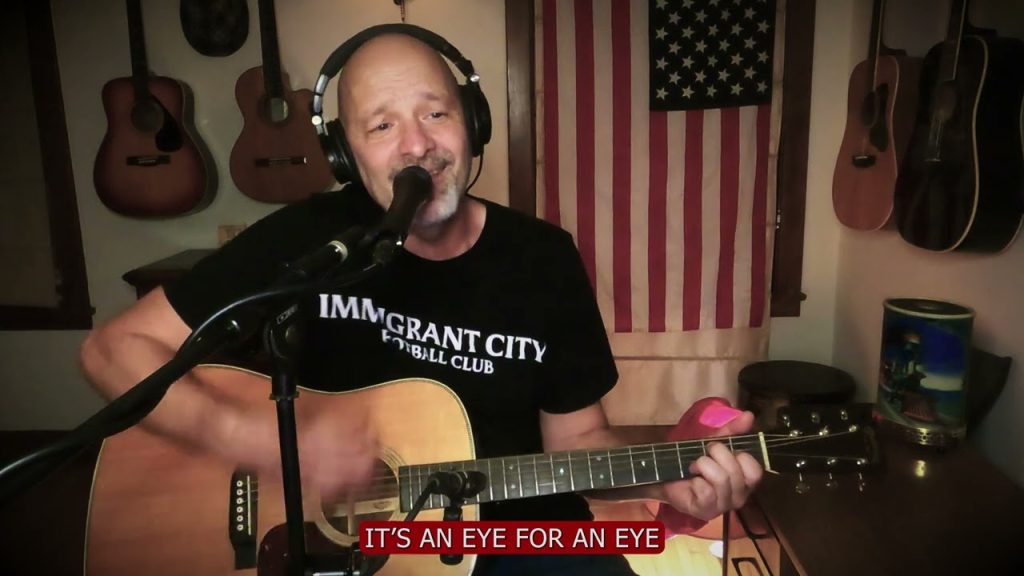In a deeply candid revelation, comedian and actor Pete Davidson recently opened up about a harrowing chapter of his life involving his grandfather. During a heartfelt interview, Davidson disclosed that his grandfather was a source of abuse, a revelation that has shed new light on his personal struggles and mental health journey.
Unpacking the Trauma
Davidson, known for his brutally honest comedy and raw vulnerability, shared that his relationship with his grandfather was marred by significant emotional and possibly physical abuse. The comedian described the trauma as a pivotal influence on his life, underscoring the psychological scars he continues to process.
He shockingly admitted that he is “thrilled” to see his grandfather dying slowly, a sentiment rooted in years of pain and unresolved anger. This statement, though startling, is emblematic of the complex emotions that victims of long-term abuse often carry—mixing relief, bitterness, and a yearning for closure.
Context to Davidson’s Words
These remarks came in the wake of Davidson addressing his mental health openly, particularly his experiences with borderline personality disorder and episodes of depression. The comedian hinted that confronting his abusive past has been integral to understanding and managing his psychological battles.
His comments have sparked widespread conversation about the impact of family abuse on mental health, shining a spotlight on a topic that remains taboo in many circles. Davidson’s willingness to discuss such painful experiences publicly helps destigmatize abuse survivors and encourages broader dialogue about healing and resilience.
Public Reactions and Broader Impact
The public reaction to Davidson’s revelations has been a mix of shock and support. Fans and mental health advocates alike have applauded his bravery in bearing his truth. Many emphasize that while his feelings toward his grandfather are intense, they are understandable given the gravity of sustained abuse.
Experts note that feelings similar to Davidson’s—such as wishing harm or suffering on an abuser—are natural responses to trauma, but also advise therapeutic intervention to aid in long-term healing. Davidson’s openness may inspire others who have suffered familial abuse to seek help and speak out.
Looking Forward
As Pete Davidson continues to navigate his healing journey, his story stands as a powerful reminder of the hidden battles many endure behind closed doors. The comedian’s recent disclosures affirm the importance of mental health awareness and the difficult path toward forgiveness and recovery.
While Davidson’s words about his grandfather may seem harsh to some, they encapsulate a raw emotional truth and a cry for understanding—highlighting how past abuses can shape not only a person’s present but also their hopes for closure in the future.



